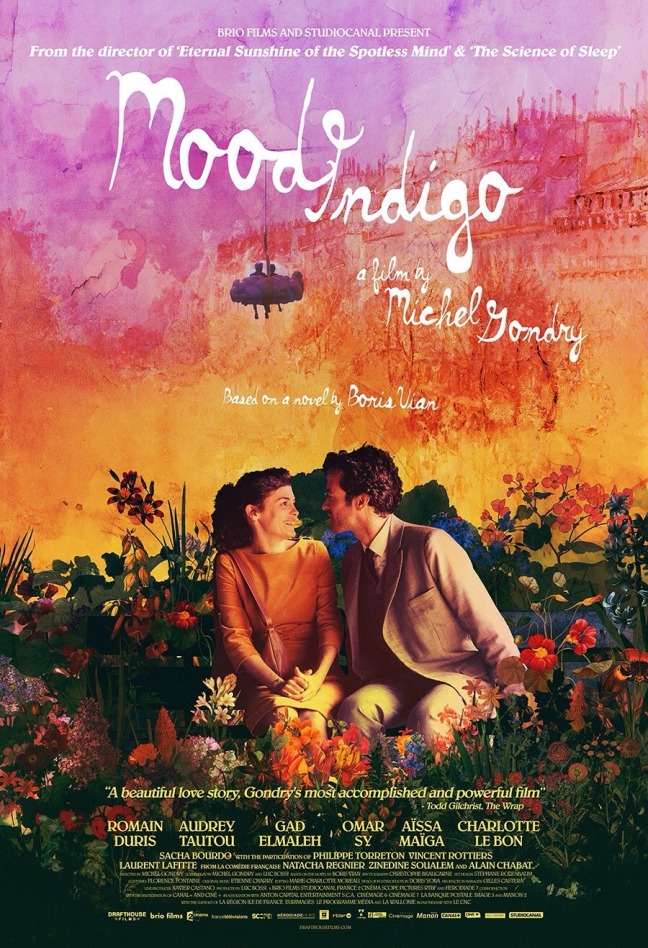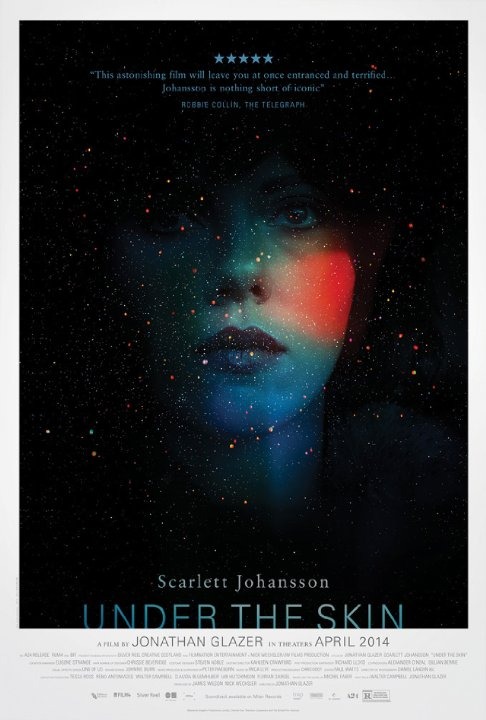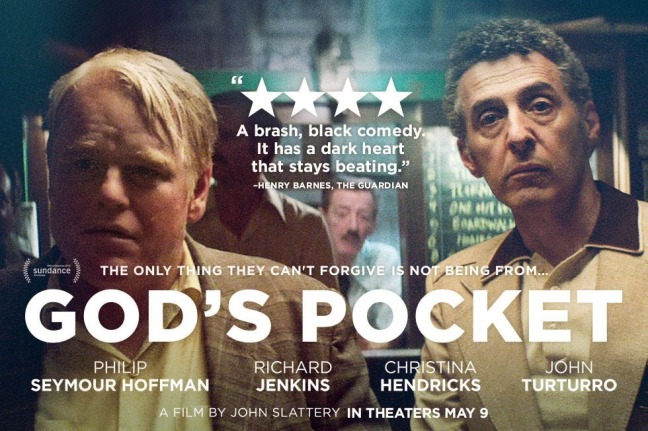
As Sam Manning (Billy Crudup, Watchmen, Big Fish), having just landed the big deal, walks into a sports bar eager to celebrate with his son Josh a news story catches his attention. A shooting had taken place at his son’s college. The heart swells into his throat as he can only idly watch his worst fears come true.
Two years have passed since his son’s death and Sam’s life has spiraled. No longer living the ritzy life of an advertising executive, he now makes a living painting houses. One day, his now ex-wife brings him a box of Josh’s old stuff, among which are a number of CD’s containing the music his son made before his death, Sam starts playing the songs himself as a way to reconnect with his son.
“Rudderless,” the name of the band that Sam eventually joins, certainly has a haunting quality that keeps audiences invested. The emotional magnitude of the film is well buoyed by the folksy soundtrack as well as the overall wistful tone. As a tragically topical and relatable issue, it is certainly a film that will hit everyone’s sentimental core.
The film is also the directorial debut of William H. Macy (Shameless, The Sessions) who also has a small part as the bar owner where Sam plays. There are definitely praise-worthy attributes to Macy’s effort, such as a clever use of the soundtrack to makes for seamless pacing. However, for the most part, there was nothing from a directorial standpoint that stood out. That is not to say “Rudderless” was directed poorly, just rather safely.
As much as this movie stuck with me on an emotional level, I really wished that the film would have dug a little deeper into the complexity of grief. Instead of providing a thorough exploration how both individuals and communities negotiate with trauma, “Rudderless” only wades into issue. For a film concerned with meditating on the trials of loss and catharsis, it never really does enough to provide truly novel insight into an issue that is plaguing our society.
I’ll call this a bit of a warm up for Macy’s directing career. He certainly didn’t bite off more than he could chew with this project, but didn’t do more than was asked of him. Macy got his sea legs for the directors chair and hopefully he’ll be more courageous with his choices for his next film. It would be a shame to see him move forward completely rudderless.








